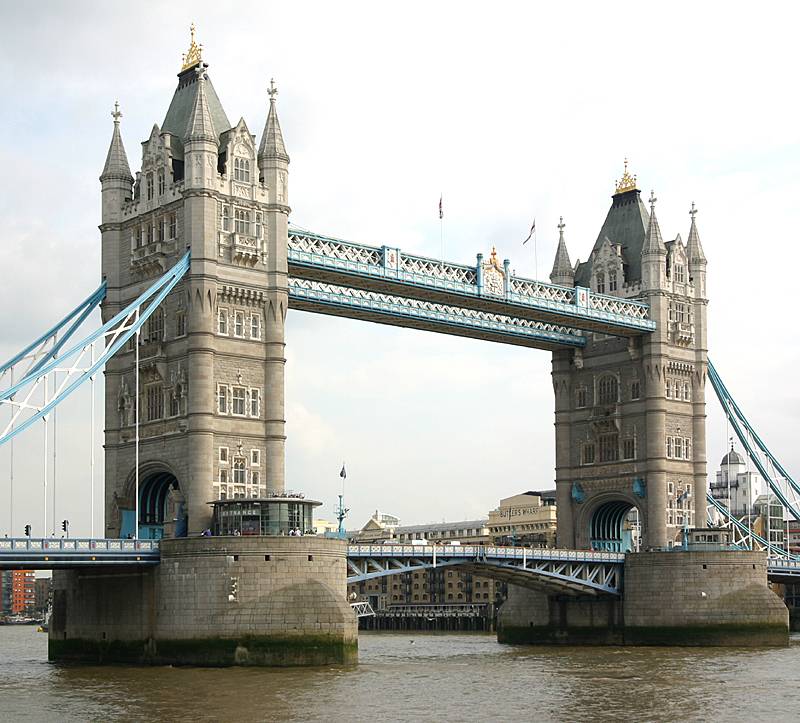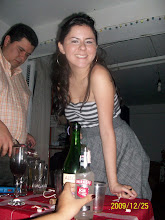
One of the poorest and least developed countries in the world, Haiti in recent years has struggled with problems ranging from near-constant political upheaval, health crises, severe environmental degradation and an annual barrage of hurricanes.
On Jan. 12, 2010, a massive earthquake struck Haiti, reducing much of its capital to rubble. It was the worst earthquake in the region in more than 200 years. A preliminary assessment from Haiti's government put the body count at 150,000 on Jan. 23. The devastation created serious obstacles to those attempting to deliver promised foreign aid.
Huge swaths of the capital, Port-au-Prince, lay in ruins, and thousands of people were trapped in the rubble of government buildings, foreign aid offices and shantytowns. Schools, hospitals and a prison collapsed.
Haiti occupies an area roughly the size of Maryland on the Caribbean island of Hispaniola, which it shares with the Dominican Republic. Nearly all of the 8.7 million residents are of African descent and speak Creole and French. The capital is Port-au-Prince.
The country is, by a significant margin, the poorest in the Western Hemisphere, with four out of five people living in poverty and more than half in abject poverty. Deforestation and over-farming have left much of Haiti eroded and barren, undermining subsistence farming efforts, driving up food prices and leaving the country even more vulnerable to natural disasters. Its long history of political instability and corruption has added to the turmoil.
During the 18th century the western portion of Hispaniola, called Saint-Domingue, was one of the richest colonies in the French empire, known for its lucrative sugarcane and coffee plantations. (The rest of the island was controlled by Spain.) In 1791 the African slave population revolted, eventually winning independence from Napoleon Bonaparte's France and becoming the second country in the Americas to free itself from colonial rule and the world's first black republic. The country was renamed Haiti.
Haiti's history has been marked by many periods of profound political disarray, including frequent changes of governments, military coups and, beginning in 1915, a two-decade occupation by the United States. The most infamous of Haiti's leaders was François Duvalier, known as Papa Doc, who was elected president in 1957, beginning a long rule known for corruption and human rights abuses that left Haiti increasingly isolated. His son Jean-Claude Duvalier controlled the country from 1971 until he fled in 1986, leading to another period of alternating civilian and military rule.
Despite bouts of optimism in recent years brought on by the implementation of a new constitution and the first peaceful transfer of power between two elected presidents in the nation's history, Haiti's politics remain as tumultuous as ever.
In 1991, Jean-Bertrand Aristide took power after winning 67 percent of the vote in a presidential election, but was overthrown shortly after taking office in a violent coup leading to a three year period of military rule that ended only after the intervention of a United Nations force led by the United States. While the 1995 election of Rene Preval, a prominent political ally of Mr. Aristide, was widely praised, subsequent elections were plagued with allegations of fraud, including the 2000 restoration of Mr. Aristide to his old post.
Over the following years violence spread throughout the country as the government cracked down on opposition party leaders, holding power in part with the aid of extra-legal gangs. In February 2004, after groups opposed to the Aristide government seized control of cities and towns throughout Haiti and closed in on the capital, Mr. Aristide resigned and fled to South Africa. U.S.-led armed forces under the authority of the United Nations Security Council were sent to Port-au-Prince to stabilize the situation and to oversee the installation of an interim government. The United Nations has spent some $5 billion on peacekeeping operations since 2004.
In 2006, Mr. Preval was again elected president amidst allegations of impropriety.
Since 2008, the situation has worsened dramatically, with the nation staggering beneath the double whammy of food riots, government instability and a series of hurricanes that killed hundreds and battered the economy.
Hurricanes Gustav, Hanna and Ike and Tropical Storm Fay landed within the space of a month in August and September 2008. Nationally, damages came to a total of $900 million, or nearly 15 percent of the gross domestic product. The national toll was 800 dead, down from 2004 when 3,000 perished.
Haiti needs jobs, a particular challenge in the current economic climate. Haitians often seek work in the United States, but that safety valve has been squeezed given the recession. With some 900,000 youths expected to come into the job market in the next five years, dismal prospects are the main threat to stability.
In this moment haitian's have more a more problems day by day next I suggest you to watch this videos and known the situation that haitian's are living ...
http://us.cnn.com/video/?/video/world/2010/01/22/sylvester.filmmaker.haiti.cnn#
http://www.youtube.com/watch?v=Ah7PIf5kzDo



